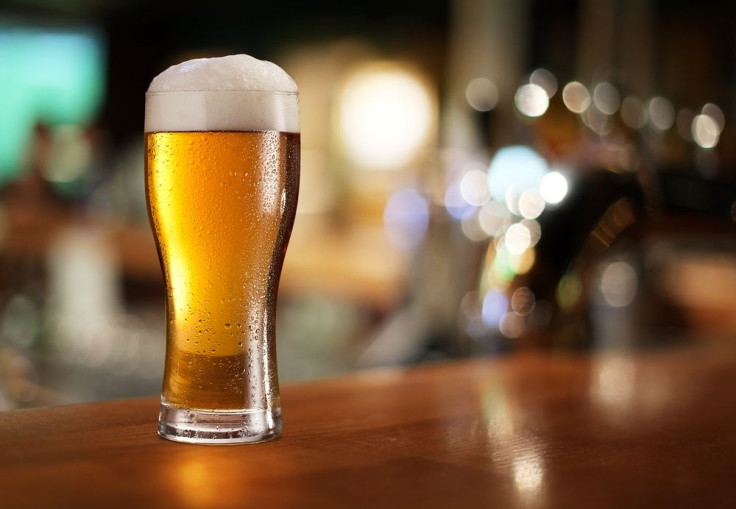Your Choice Of Coffee Or Beer Could Influence Your Genetic Makeup And Lifespan

We know that your choice of coffee or beer affects your mood — but can it influence your genes as well? According to researchers at Tel Aviv University, the answer may be yes. In a new study, a team of biologists show that caffeine and ethanol can be used to modulate cellular properties associated with aging and cancer. The findings hint at new ways of slowing the aging process and offsetting epidemiological risk factors.
For some time, the scientific community has been fascinated by the function and characteristics of telomeres — a set of protein sequences that “caps” and protects the end of each DNA strand, much like plastic aglets on shoelaces. Each time a cell duplicates, the telomeres become slightly shorter. Once a chromosome’s telomeres become too short, DNA can no longer be copied properly, and the cell dies. In nature, the length of the telomeres appears to be inversely proportional to senescence, or aging. In other words, longer telomeres lead to slower cell death and, consequently, a longer lifespan. An example of this is the lobster, whose fascinating genome is thought to preclude normal aging altogether.
The new study, which is published in the journal PLoS Genetics, sought to determine whether any known environmental factors can influence the length of these protective DNA caps. To do this, the researchers cultivated a type of yeast known to share a number of key genetic properties with humans. They then exposed the yeast population to 12 different stressors ranging from temperature and pH shifts to various chemicals and drugs. Within this set, two substances stood out: coffee and beer. "For the first time we've identified a few environmental factors that alter telomere length, and we've shown how they do it," senior author Martin Kupiec said in a press release. "What we learned may one day contribute to the prevention and treatment of human diseases."
The team found that, whereas a concentration of caffeine similar to a shot of espresso shortened the telomeres, a solution containing five to seven percent alcohol lengthened them. Aside from illuminating new ways to combat aging, the findings also broaden the understanding of the telomeres themselves. "This is the first time anyone has analyzed a complex system in which all of the genes affecting it are known," Kupiec explained. "It turns out that telomere length is something that's very exact, which suggests that precision is critical and should be protected from environmental effects."
What’s your pick?
Source: Romano GH, Harari Y, Yehuda T, Podhorzer A, Rubinstein L, et al. (2013) Environmental Stresses Disrupt Telomere Length Homeostasis. PLoS Genet 9(9): e1003721. doi:10.1371/journal.pgen.1003721.
Published by Medicaldaily.com



























